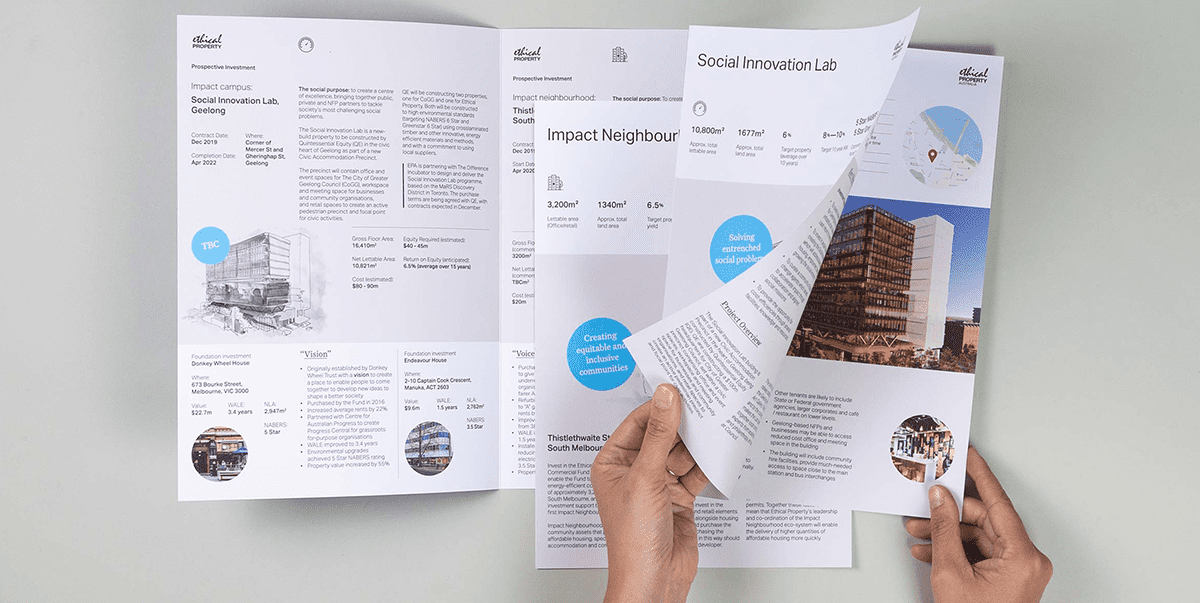
“That is part of the beauty of all literature. You discover that your longings are universal longings, that you’re not lonely and isolated from anyone. You belong.”
― F. Scott Fitzgerald
Belonging.
It’s something we seek restlessly and relentlessly; through social groups, interest groups, sports teams, partners and families. It’s the third level of Maslow’s hierarchy of human needs, straight after the physiological needs of air, food, water, and safety.
In our modern world, this sense of belonging and acceptance is created not only in the real-world but in the virtual world through platforms like Facebook, Twitter, Instagram, forums and online groups.
Belonging online.
A study by The University of Queensland discovered that high engagement with the “social contribution features” of Facebook — posting status updates and photos, commenting on other users’ statuses and photos — was associated with lower levels of social loneliness. The constancy of giving (posting) and receiving (viewing) personal information enabled a constant sense of connection, in some ways making it easier than ever to satisfy the need to belong.
The flip-side of this study was that people who received no feedback (comments, likes or shares of their social contributions) reported lower levels of belonging, self-esteem, control and meaningful activity than those who did.
So Facebook has the capacity to build a person’s self-esteem and self-worth but also has the capacity to strip this away and create social anxiety.
What if you could harness this enhanced feeling of belonging to support positive behaviour change in a space that reduces the risk of receiving no feedback?
You can. Using targeted Facebook support groups.
Tackling obesity with belonging.
I’m going to use one of our clients, Probiotec, as an example.
As a result of a 20 year partnership between Probiotec and CSIRO, the clinically-tested weight loss and health improvement program, Impromy, was developed. Impromy is different to other weight loss programs on the market for a number of reasons, the most notable of which are its delivery through one-on-one consultations with trained pharmacy consultants and its linkage of weight with health risk factors such as cholesterol and blood glucose.
The Impromy program is 6 months into its mission to tackle the biggest health problem in Australia: obesity.
It is projected that by 2025 around 83% of Australian men and 75% of women aged 20 years and over will be overweight or obese, as well as one-third of 5-19 year olds. When combined with population growth projections, this equates to 16.9 million Australians being overweight or obese in 2025. Not only is this extremely dangerous for the personal health of those Australians, leading to health problems including musculo-skeletal problems, cardiovascular disease, some cancers, sleep apnoea, type 2 diabetes, and hypertension, also it presents a huge financial challenge for our public health system.
Obesity is a complicated condition with many contributing factors and, as such, does not have a simple solution. But with over 18,000 members achieving market-leading results in only 6 months, Impromy is more than promising.
Back to Facebook groups. There is a group called ‘Impromy Australia – weight loss support group’, which states its mission is “to give the users of Impromy a place to chat and give each other moral support as well as share recipes”.
Once you’ve been accepted into the group (with the simple condition that you live in Australia), you gain access to a growing community of Australians all on a similar journey to lose weight and improve their health.
The level of support is astounding.
People post inspiring quotes, ask for advice on how to approach weight loss with friends and family, share recipe ideas, post pictures of themselves before and after Impromy, proudly share their stories and engage in discussions about the program and their goals.
The group offers members a safe, inclusive circle of people who are facing the same challenges as them. A place to gain strength from the support of a community. A place to really belong.
From an organisational perspective, not only is this group fostering brand advocates for Impromy who are more likely to encourage others to try the program, it is also helping Impromy to achieve their organisational goals by strengthening their customer’s confidence and capacity to achieve personal weight loss goals.
–
If your organisation aims to change the behaviour of your consumers to achieve a broader positive outcome (eg. reduce obesity, reduce alcohol over-consumption, create trust and connection between people from different cultures), you can create a space for your consumers to build and support this behaviour change themselves. With a well targeted Facebook group, you have the opportunity to create so much more than a support group — you can create a real community.
Talk to us if you want to use social media to positively change behaviour.
Image credit: Yang Jiechang


